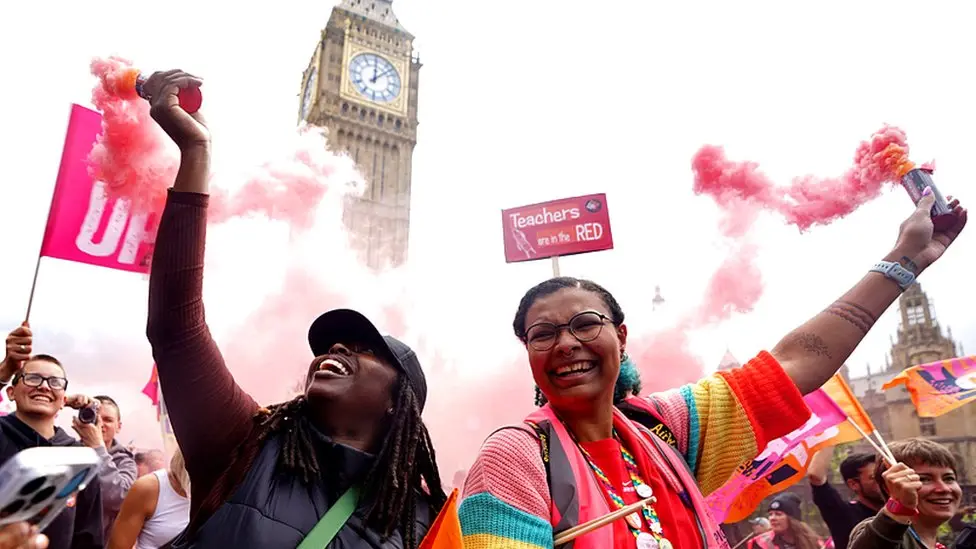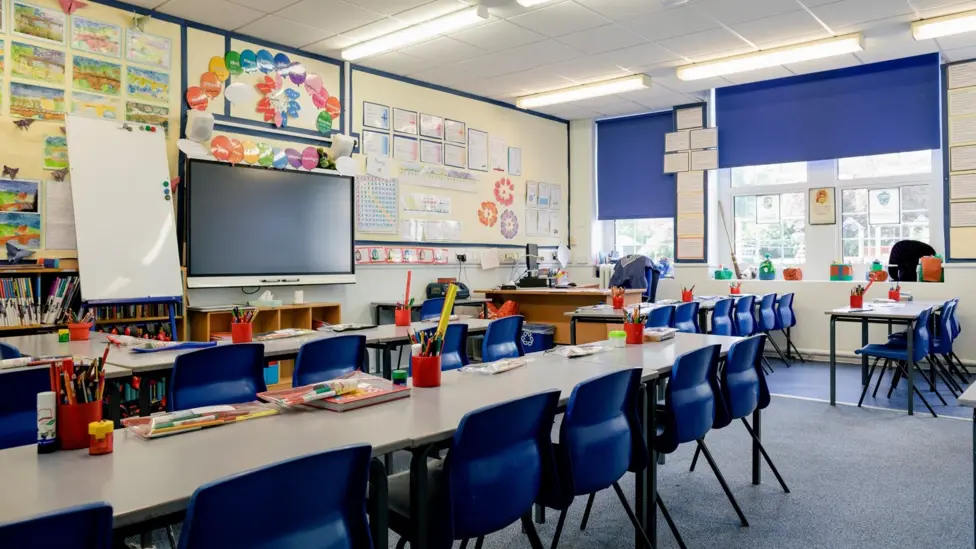Teachers’ strikes: Will there be more?
Teachers’ strikes: Will there be more?
Teachers’ strikes have been on the rise in recent years as educators across the country advocate for better pay, working…

Teachers’ strikes: Will there be more?
Teachers’ strikes have been on the rise in recent years as educators across the country advocate for better pay, working conditions, and resources for their schools. These strikes have garnered national attention and support from parents, students, and other community members.
One of the main reasons for the increase in teachers’ strikes is the lack of funding for public education. Many teachers are forced to work second jobs or spend their own money on classroom supplies due to inadequate resources provided by their school districts.
In addition to financial concerns, teachers are also demanding changes to the standardized testing system, more support for students with special needs, and increased autonomy in their lesson planning.
While some states and districts have responded to these demands by increasing teacher salaries and allocating more funding to schools, many educators feel that more needs to be done to address the systemic issues facing public education.
As a result, it is likely that we will see more teachers’ strikes in the future as educators continue to fight for the resources and support they need to provide a high-quality education for all students.
It is important for policymakers, school administrators, and the public to listen to the concerns of teachers and work towards solutions that will benefit not only educators, but also the students they serve.
Ultimately, the future of teachers’ strikes will depend on how willing stakeholders are to address the underlying issues facing public education and make the necessary changes to support and empower teachers in their important work.
Teachers are essential to the success of our education system, and it is crucial that we value and support them in their efforts to provide a quality education for all students.







